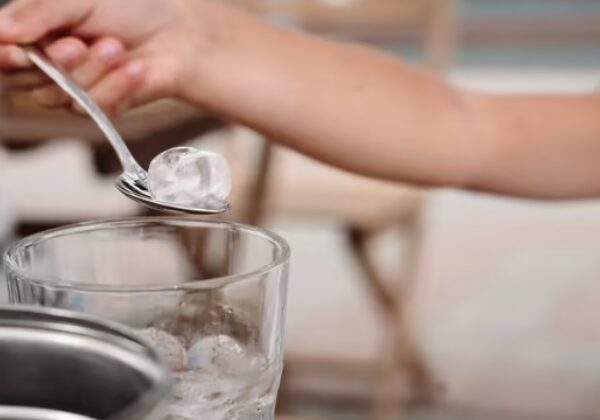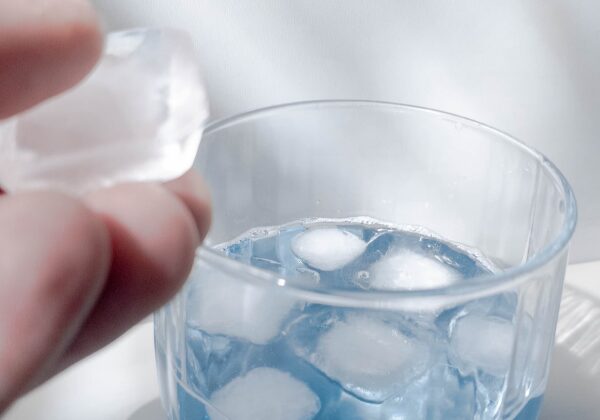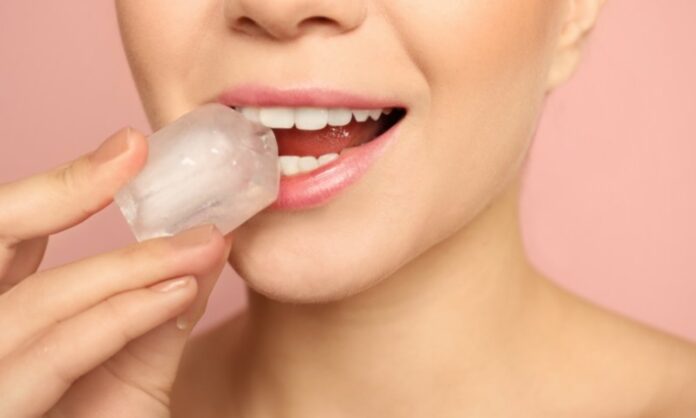Surely everyone has enjoyed an ice treat from time to time. And how can you not? it’s the perfect summer treat. However, there is a difference between shaved ice and crunching on some ice cubes. And if you have a craving for ice cubes, then something is not okay with your health.
Iron Deficiency Anemia

There’s ample evidence supporting a link between iron deficiency and ice chip cravings. When your blood doesn’t have enough red blood cells, not enough oxygen is carried throughout your body’s tissues. Without iron, these red blood cells can’t be built. While it doesn’t happen to everyone with anemia, it is a relatively common experience that may provide your doctor a clue before deciding to get your blood drawn to truly diagnose it.
Pica
Pica is an eating disorder that involves eating anything with no nutritional value, so ice would fall into this category. Sometimes, pica can look like eating more benign things like ice or more dangerous things like paint, hair, or metal. Getting help in the initial phases is important. Children and pregnant women are most at risk for developing it. Doctors and scientists don’t know exactly what causes pica, but it’s more commonly seen in people with autism, those experiencing malnutrition, or those under high stress.
The Problem with Chronically Chewing Ice Cubes

Ice is just frozen water, so you stay well-hydrated if you chew it frequently. That’s the only real benefit, though. In severe cases, this causes people to miss out on important nutrition and lead to nutrient deficiencies. Ice has no calories, protein, fat, vitamins, or minerals. For some people, chewing ice turns into a replacement for meals and snacks, which is when the risk of nutrient deficiencies is at its highest.
Additionally, you risk damaging your teeth. Even though ice melts, the act of chewing and crunching on it can lead to heightened cold sensitivity, tooth pain, or even structural damage.
Bottom Line of Chewing Ice Cubes
If you have ice cravings that disrupt your life, you must figure out why. If it’s iron deficiency anemia, your doctor and/or dietitian can help you optimize your diet or supplement routine to treat it.
Found this interesting? Let us know in the comments below.



































